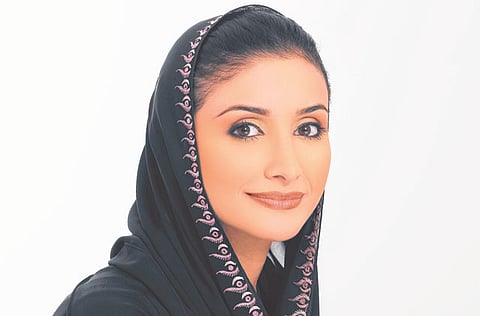UN needs evolution, not revolution
UAE experts believe the organisation's ideals remain relevant, but it can be greatly improved

Dubai: The UAE intelligentsia feels the United Nations continues to be relevant but needs to evolve for greater effectiveness.
They were speaking to Gulf News on the marking of World UN Day celebrated October 24.
Najla Al Awadi, Member of the Federal National Council said the international body "was founded based on noble ideals, to protect human rights, and to nurture development around the world".
Sixty-five years ago, the UN Charter was established that would protect and promote peace, justice and human rights. So many decades and several wars later is the UN just a poor reflection of its original creation?
Najla said: "I believe there is room for improvement and it could be more effective. In some areas there has been progress, but certainly there is more work to be done. There needs to be a stronger commitment from its members in terms of contributing to the implementation of the UN mandate."
Wael Al Sayegh, director and founder of Alghaf Human Resource Consultants that focuses on inter-cultural sensitivity agreed. He added that "the concept or spirit of the UN is relevant, but it needs a serious amount of restructuring".
According to Al Sayegh, the UN needs to revamp both its policies and its image. He said: "It needs to realise how it is viewed, and how its policies in the past have been viewed. It needs to evolve to meet us today, as opposed to being the policy-driven organisation it is.
"Until they reform their policies and act on them, the UN will always be viewed as a spineless organisation that can speak but can't deliver."
James Sater, an associate professor of political science at the American University of Sharjah explained that assessing whether or not the UN has fulfilled its mandate is not a simple yes or no. It is "difficult because of the absence of asset definition".
He explained this with reference to the first purpose listed in the UN Charter, which states that its aim is "to maintain international peace and security, and to that end to take effective collective measures for the prevention and removal of threats to the peace".
Sater said that there is no clear definition of what constitutes a "threat".
He said: "Threats are subjective and states react very subjectively. [For example] when the US believed that Iraq posed a serious threat to international peace and security, its belief was not shared by many others including members of the UN Security Council.
"Clearly, the overall process of meeting the Charter is constantly evolving and the UN has been evolving to meet these changes. However, there is still much that needs to be defined, as ways of assessing success varies from state to state."
Associate professor of economics at Middlesex University, Cedwyn Fernandes, weighs more in the direction of optimism. He said the reasons for the UN's formation are more relevant today then they were in 1945.
He said: "In this global world we are becoming less of a citizen of our country and more citizens of the world. It is our job to make sure that the same opportunities and quality of life are available to everyone.
"As the world becomes more connected, we are looking for a global body that can handle conflicts between nations peacefully around the world. Until we can find something that does all this and more, it [UN] must be supported."
Brief History of World UN Day
World UN Day has been celebrated as United Nations Day since 1948 and marked by meetings, discussions and exhibits on the achievements and goals of the organization. In 1971, the General Assembly recommended that member states observe it as a public holiday
Sign up for the Daily Briefing
Get the latest news and updates straight to your inbox



